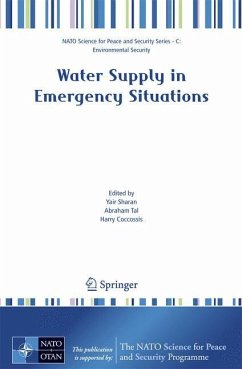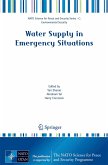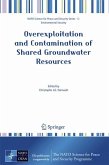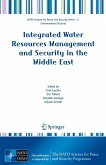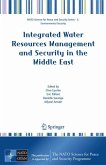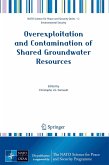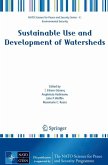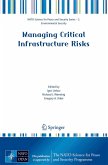Water is one of the most essential elements for sustaining life. National, regional, and local authorities throughout the world are responsible to maintain necessary infrastructure and safeguard resources for an orderly uninterrupted supply of good quality, healthy, and safe, water for everyday needs of all the population. These needs, which are growing fast with economic growth, development, and rising prosperity include water for drinking as well as for sanitation, laundry, gardening, recreation, and other domestic uses. An adequate supply of water resources should be safeguarded also for all sectors of the economy and society including agriculture, industry, energy, tourism, ecosystem protection, and more. Drinking water is again becoming a global issue from many perspectives. There are still parts of the globe which lack the necessary water resources for their basic needs, whether in terms of quantity or quality, or both. Demographic growth in several world regions is likelyto increase pressures for the development of water resources and further exploitation of existing ones. Changes in production and consumption patterns are expected to aggravate further the pressures on the quantity and quality of water resources across the world. Rising standards of living, intensive agriculture, and new industrial processes lead not only to increasing com- tition for water use and rising costs of water provision, but also to mounting risks.
Bitte wählen Sie Ihr Anliegen aus.
Rechnungen
Retourenschein anfordern
Bestellstatus
Storno

